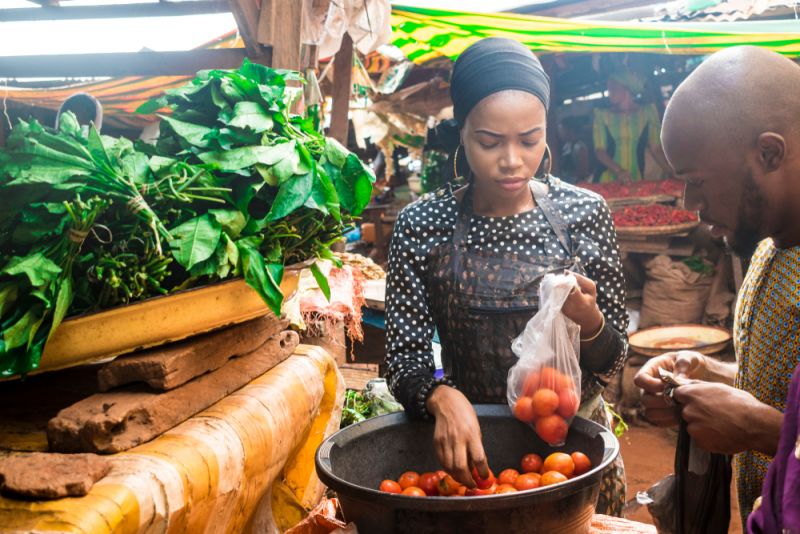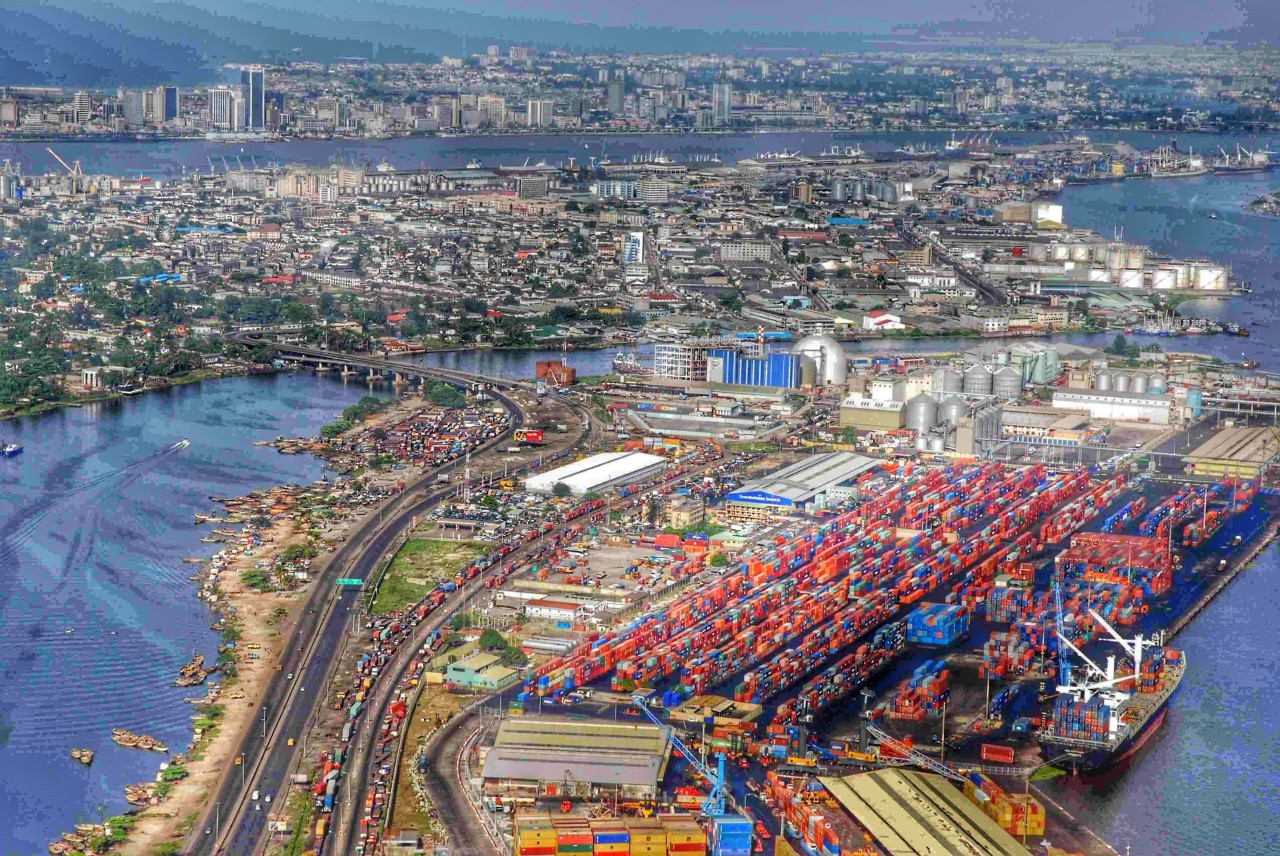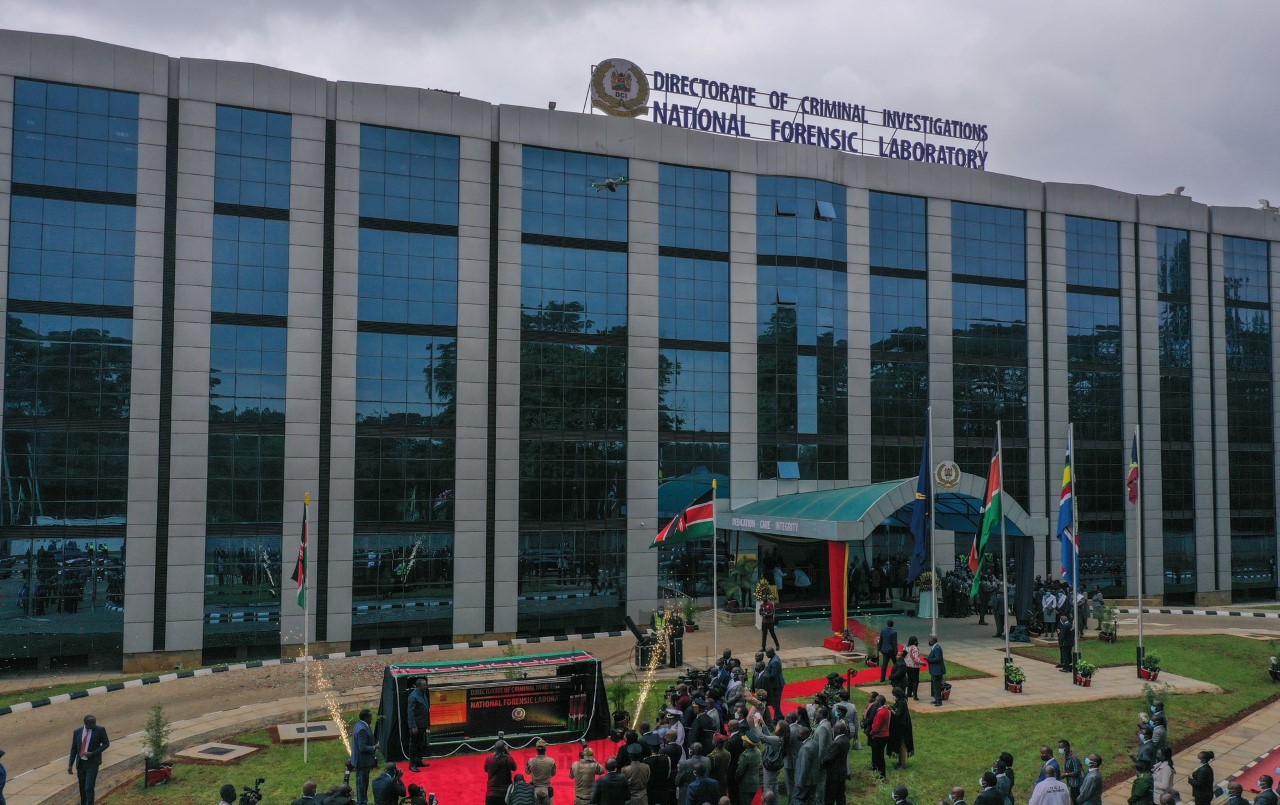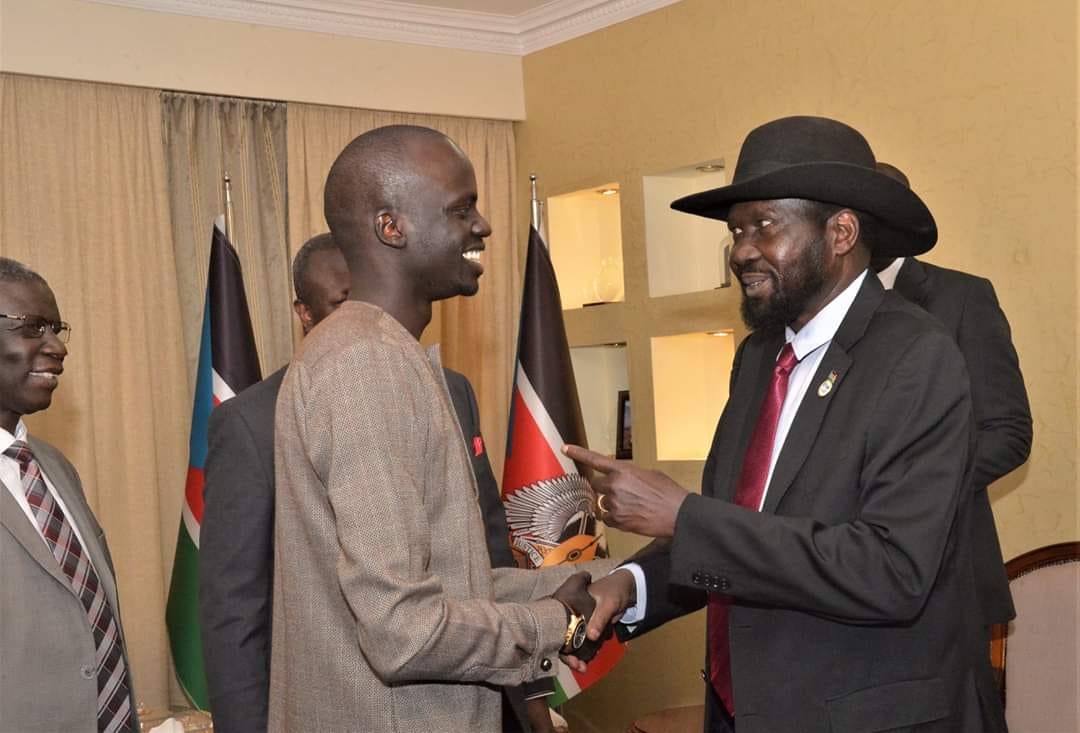Africa’s Economy to Expand By a Moderate Of 2.7 Per cent In 2022-Unctad Latest Report On Trade, Development
October 05, 2022
By Prosper Makene, Dar es Salaam
 Africa’s economic activity is expected to expand by a moderate 2.7 per cent in 2022, following a rebound of 5.1 per cent in 2021, the United Nations Conference on Trade and Development (UNCTAD)’s Trade and Development Report 2022 said.
The report adds: “This reflects several new challenges, including high international food and fuel prices, financial shocks owing to the stronger-than-anticipated tightening of monetary policy in advanced economies and acute risks of food insecurity in many parts of the region.”
The report also said that as a result, an additional 58 million non-poor Africans will fall into extreme poverty in 2022, adding to the 55 million Africans already been pushed into extreme poverty because of the pandemic.
“In the context of a severe weakening of European and other trade partners, growth on the continent will continue decelerating, down to 2.4 per cent in 2023,” it said.
The report has further said that in Nigeria, the economy grew 3.1 per cent, year on year, in the first quarter of 2022, compared with 4.0 per cent in the fourth quarter of 2021. “This marks the sixth consecutive quarter of economic expansion, partly on the back of oil export revenues absorbed by the non-oil sector, including services and agriculture.”
In 2022, Nigeria’s economy is expected to grow 2.9 per cent, as result of weak oil output caused by technical and security hurdles in a context of underinvestment, the report said.
The report went on to say that in Egypt, domestic economic activity continued to expand relatively quickly in early 2022, driven by activity in tourism, non-petroleum manufacturing and trade.
“Yet the country made a request to the IMF for a new program in March 2022 when it came under new financial pressure. For the rest of the year, economic activity is expected to soften owing to the negative spillover of the war in Ukraine, leading to an annual growth forecast of 4.0 per cent,” it observed.
Africa’s economic activity is expected to expand by a moderate 2.7 per cent in 2022, following a rebound of 5.1 per cent in 2021, the United Nations Conference on Trade and Development (UNCTAD)’s Trade and Development Report 2022 said.
The report adds: “This reflects several new challenges, including high international food and fuel prices, financial shocks owing to the stronger-than-anticipated tightening of monetary policy in advanced economies and acute risks of food insecurity in many parts of the region.”
The report also said that as a result, an additional 58 million non-poor Africans will fall into extreme poverty in 2022, adding to the 55 million Africans already been pushed into extreme poverty because of the pandemic.
“In the context of a severe weakening of European and other trade partners, growth on the continent will continue decelerating, down to 2.4 per cent in 2023,” it said.
The report has further said that in Nigeria, the economy grew 3.1 per cent, year on year, in the first quarter of 2022, compared with 4.0 per cent in the fourth quarter of 2021. “This marks the sixth consecutive quarter of economic expansion, partly on the back of oil export revenues absorbed by the non-oil sector, including services and agriculture.”
In 2022, Nigeria’s economy is expected to grow 2.9 per cent, as result of weak oil output caused by technical and security hurdles in a context of underinvestment, the report said.
The report went on to say that in Egypt, domestic economic activity continued to expand relatively quickly in early 2022, driven by activity in tourism, non-petroleum manufacturing and trade.
“Yet the country made a request to the IMF for a new program in March 2022 when it came under new financial pressure. For the rest of the year, economic activity is expected to soften owing to the negative spillover of the war in Ukraine, leading to an annual growth forecast of 4.0 per cent,” it observed.
 The report pointed out that in South Africa, growth in the first quarter of 2022 surprised on the upside, although a severe slowdown is expected in the second quarter, with flooding in the southeast of the country. While private investment has strengthened on the back of the recovery, public sector investment remains weak.
“Household spending has continued to expand but is likely to soften in the second half of the year, with higher inflation, lower asset prices and rising interest rates. Meanwhile, tourism, hospitality and construction should see stronger recovery as the year progresses,” it said.
Other headwinds include subdued investment and business sentiment, elevated prices for food and key imported inputs, high indebtedness of the middle class and increased volatility of capital flows, which compound longer-term challenges, such as the high unemployment and inequality. As a consequence, the economy will show weak growth rates of 1.4 and 1.3 per cent in 2022 and 2023, respectively, the report stressed.
Ghana and Tunisia are in talks with the IMF for emergency loans
“In late May 2022, the IMF and World Bank considered 16 low-income African countries to be at high risk of debt distress, while 7 countries – Chad, Republic of the Congo, Mozambique, São Tomé and Príncipe, Somalia, Sudan and Zimbabwe – were already in debt distress. Bright spots, such as Côte d’Ivoire and Rwanda, are expected to exhibit rapid growth in 2022,” the report said.
However, 33 African countries need external assistance for food, and acute food insecurity is likely to worsen in the next months in 18 of these economies.
The report pointed out that in South Africa, growth in the first quarter of 2022 surprised on the upside, although a severe slowdown is expected in the second quarter, with flooding in the southeast of the country. While private investment has strengthened on the back of the recovery, public sector investment remains weak.
“Household spending has continued to expand but is likely to soften in the second half of the year, with higher inflation, lower asset prices and rising interest rates. Meanwhile, tourism, hospitality and construction should see stronger recovery as the year progresses,” it said.
Other headwinds include subdued investment and business sentiment, elevated prices for food and key imported inputs, high indebtedness of the middle class and increased volatility of capital flows, which compound longer-term challenges, such as the high unemployment and inequality. As a consequence, the economy will show weak growth rates of 1.4 and 1.3 per cent in 2022 and 2023, respectively, the report stressed.
Ghana and Tunisia are in talks with the IMF for emergency loans
“In late May 2022, the IMF and World Bank considered 16 low-income African countries to be at high risk of debt distress, while 7 countries – Chad, Republic of the Congo, Mozambique, São Tomé and Príncipe, Somalia, Sudan and Zimbabwe – were already in debt distress. Bright spots, such as Côte d’Ivoire and Rwanda, are expected to exhibit rapid growth in 2022,” the report said.
However, 33 African countries need external assistance for food, and acute food insecurity is likely to worsen in the next months in 18 of these economies.





 Africa’s economic activity is expected to expand by a moderate 2.7 per cent in 2022, following a rebound of 5.1 per cent in 2021, the United Nations Conference on Trade and Development (UNCTAD)’s Trade and Development Report 2022 said.
The report adds: “This reflects several new challenges, including high international food and fuel prices, financial shocks owing to the stronger-than-anticipated tightening of monetary policy in advanced economies and acute risks of food insecurity in many parts of the region.”
The report also said that as a result, an additional 58 million non-poor Africans will fall into extreme poverty in 2022, adding to the 55 million Africans already been pushed into extreme poverty because of the pandemic.
“In the context of a severe weakening of European and other trade partners, growth on the continent will continue decelerating, down to 2.4 per cent in 2023,” it said.
The report has further said that in Nigeria, the economy grew 3.1 per cent, year on year, in the first quarter of 2022, compared with 4.0 per cent in the fourth quarter of 2021. “This marks the sixth consecutive quarter of economic expansion, partly on the back of oil export revenues absorbed by the non-oil sector, including services and agriculture.”
In 2022, Nigeria’s economy is expected to grow 2.9 per cent, as result of weak oil output caused by technical and security hurdles in a context of underinvestment, the report said.
The report went on to say that in Egypt, domestic economic activity continued to expand relatively quickly in early 2022, driven by activity in tourism, non-petroleum manufacturing and trade.
“Yet the country made a request to the IMF for a new program in March 2022 when it came under new financial pressure. For the rest of the year, economic activity is expected to soften owing to the negative spillover of the war in Ukraine, leading to an annual growth forecast of 4.0 per cent,” it observed.
Africa’s economic activity is expected to expand by a moderate 2.7 per cent in 2022, following a rebound of 5.1 per cent in 2021, the United Nations Conference on Trade and Development (UNCTAD)’s Trade and Development Report 2022 said.
The report adds: “This reflects several new challenges, including high international food and fuel prices, financial shocks owing to the stronger-than-anticipated tightening of monetary policy in advanced economies and acute risks of food insecurity in many parts of the region.”
The report also said that as a result, an additional 58 million non-poor Africans will fall into extreme poverty in 2022, adding to the 55 million Africans already been pushed into extreme poverty because of the pandemic.
“In the context of a severe weakening of European and other trade partners, growth on the continent will continue decelerating, down to 2.4 per cent in 2023,” it said.
The report has further said that in Nigeria, the economy grew 3.1 per cent, year on year, in the first quarter of 2022, compared with 4.0 per cent in the fourth quarter of 2021. “This marks the sixth consecutive quarter of economic expansion, partly on the back of oil export revenues absorbed by the non-oil sector, including services and agriculture.”
In 2022, Nigeria’s economy is expected to grow 2.9 per cent, as result of weak oil output caused by technical and security hurdles in a context of underinvestment, the report said.
The report went on to say that in Egypt, domestic economic activity continued to expand relatively quickly in early 2022, driven by activity in tourism, non-petroleum manufacturing and trade.
“Yet the country made a request to the IMF for a new program in March 2022 when it came under new financial pressure. For the rest of the year, economic activity is expected to soften owing to the negative spillover of the war in Ukraine, leading to an annual growth forecast of 4.0 per cent,” it observed.
 The report pointed out that in South Africa, growth in the first quarter of 2022 surprised on the upside, although a severe slowdown is expected in the second quarter, with flooding in the southeast of the country. While private investment has strengthened on the back of the recovery, public sector investment remains weak.
“Household spending has continued to expand but is likely to soften in the second half of the year, with higher inflation, lower asset prices and rising interest rates. Meanwhile, tourism, hospitality and construction should see stronger recovery as the year progresses,” it said.
Other headwinds include subdued investment and business sentiment, elevated prices for food and key imported inputs, high indebtedness of the middle class and increased volatility of capital flows, which compound longer-term challenges, such as the high unemployment and inequality. As a consequence, the economy will show weak growth rates of 1.4 and 1.3 per cent in 2022 and 2023, respectively, the report stressed.
Ghana and Tunisia are in talks with the IMF for emergency loans
“In late May 2022, the IMF and World Bank considered 16 low-income African countries to be at high risk of debt distress, while 7 countries – Chad, Republic of the Congo, Mozambique, São Tomé and Príncipe, Somalia, Sudan and Zimbabwe – were already in debt distress. Bright spots, such as Côte d’Ivoire and Rwanda, are expected to exhibit rapid growth in 2022,” the report said.
However, 33 African countries need external assistance for food, and acute food insecurity is likely to worsen in the next months in 18 of these economies.
The report pointed out that in South Africa, growth in the first quarter of 2022 surprised on the upside, although a severe slowdown is expected in the second quarter, with flooding in the southeast of the country. While private investment has strengthened on the back of the recovery, public sector investment remains weak.
“Household spending has continued to expand but is likely to soften in the second half of the year, with higher inflation, lower asset prices and rising interest rates. Meanwhile, tourism, hospitality and construction should see stronger recovery as the year progresses,” it said.
Other headwinds include subdued investment and business sentiment, elevated prices for food and key imported inputs, high indebtedness of the middle class and increased volatility of capital flows, which compound longer-term challenges, such as the high unemployment and inequality. As a consequence, the economy will show weak growth rates of 1.4 and 1.3 per cent in 2022 and 2023, respectively, the report stressed.
Ghana and Tunisia are in talks with the IMF for emergency loans
“In late May 2022, the IMF and World Bank considered 16 low-income African countries to be at high risk of debt distress, while 7 countries – Chad, Republic of the Congo, Mozambique, São Tomé and Príncipe, Somalia, Sudan and Zimbabwe – were already in debt distress. Bright spots, such as Côte d’Ivoire and Rwanda, are expected to exhibit rapid growth in 2022,” the report said.
However, 33 African countries need external assistance for food, and acute food insecurity is likely to worsen in the next months in 18 of these economies.

























